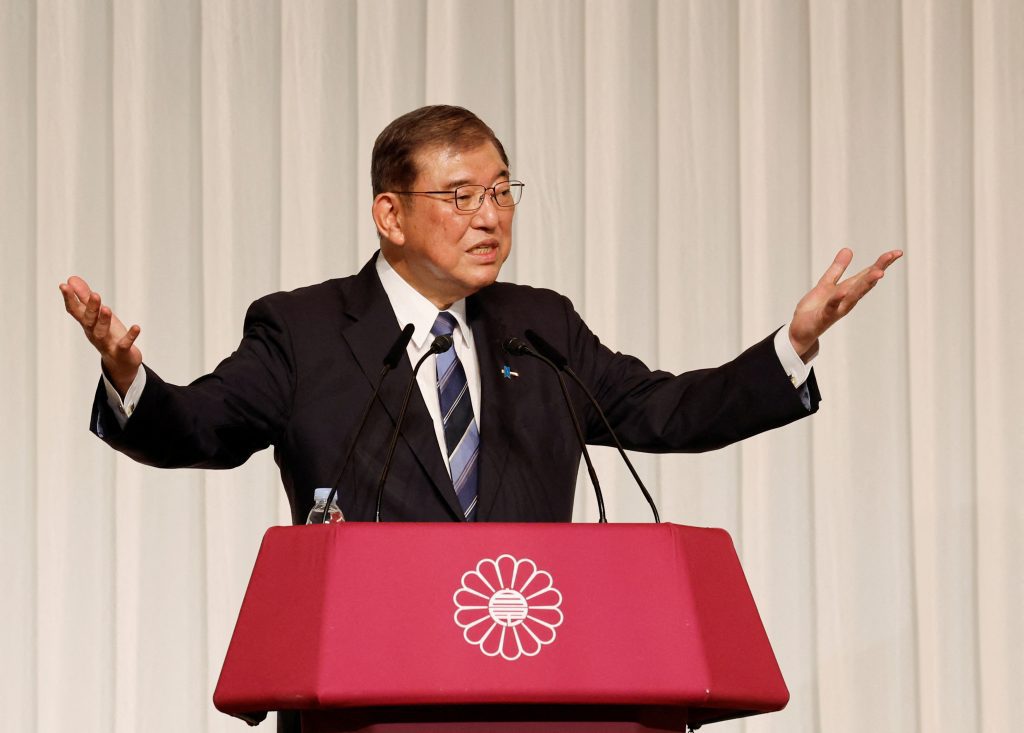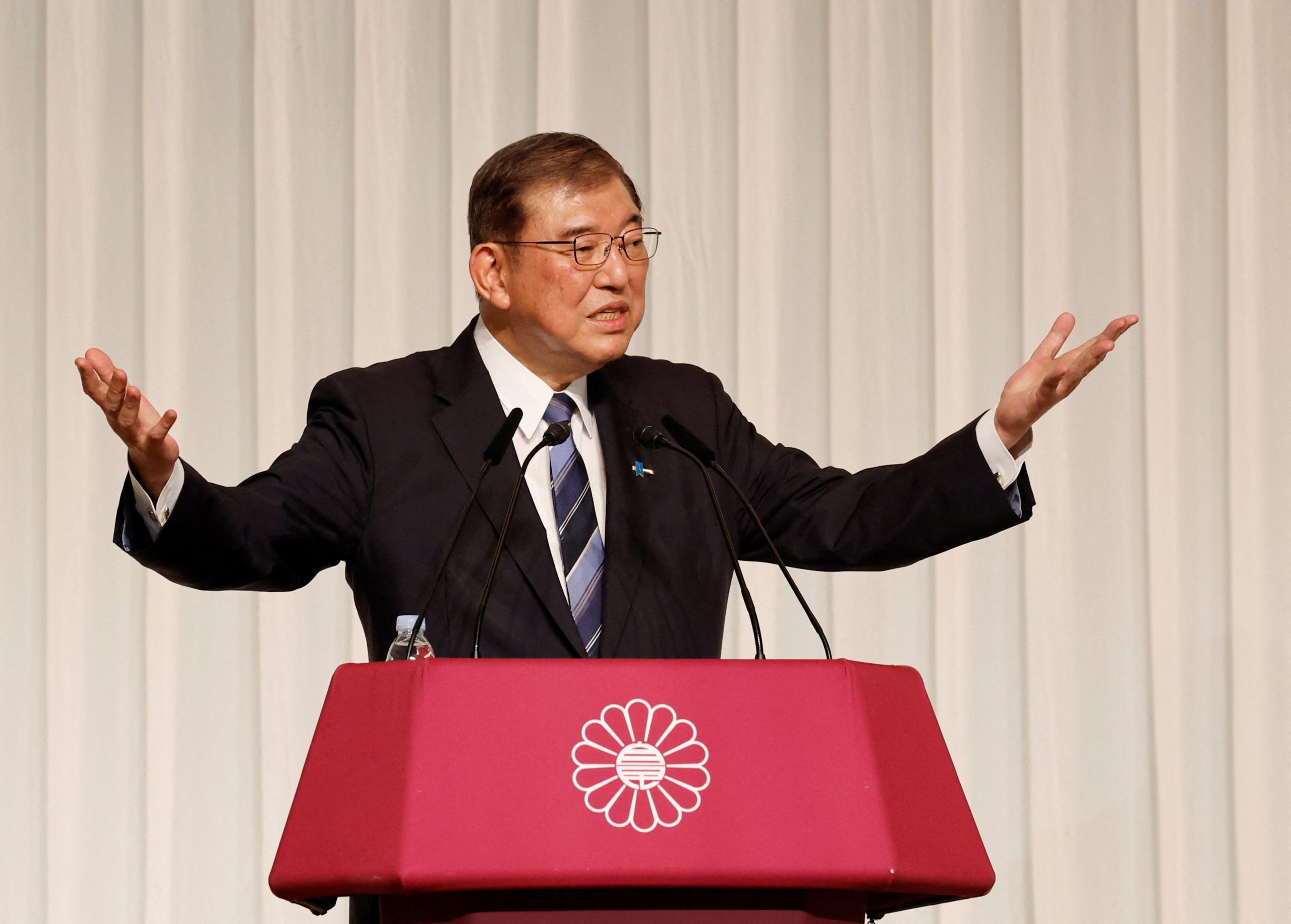Japan faces political uncertainty as the ruling party considers ousting Prime Minister Shigeru Ishiba. The turmoil is fueling yen volatility, surging bond yields, and debate over fiscal and monetary policy.

Political Uncertainty Shakes Tokyo
Japan’s ruling Liberal Democratic Party (LDP) is weighing the future of Prime Minister Shigeru Ishiba after weeks of market turmoil and rising political pressure. Ishiba, who took office less than two years ago, is facing internal dissent as his economic policies come under fire.
The uncertainty has already sent the yen higher and pushed government bond yields upward, reflecting investor anxiety about leadership stability in the world’s third-largest economy. The debate over Ishiba’s future is also casting a shadow on Japan’s long-standing balance between fiscal discipline and monetary easing.
Ishiba Under Pressure
Shigeru Ishiba rose to power on promises of pragmatic governance, national security focus, and a more balanced approach to the economy. However, critics within his own party argue that he has failed to calm markets and restore confidence in Japan’s fragile recovery.
With inflation pressures, a slowing export sector, and household spending stagnating, Ishiba has struggled to deliver a clear strategy. Allies warn that forcing him out could worsen volatility, but rivals believe fresh leadership is needed to reset economic policy.
Markets React to Leadership Jitters
The impact of the political turmoil is already being felt. On Friday, the yen strengthened sharply, while Japanese government bond (JGB) yields climbed, signaling investor concerns about both policy direction and government stability.
Investors are watching closely for clues about Ishiba’s potential successor. Several candidates are advocating looser fiscal policy and more aggressive monetary support, in sharp contrast to Ishiba’s cautious stance.
“Markets are reacting to the perception of policy drift,” said one Tokyo-based economist. “If Ishiba falls, we could see a shift toward stimulus-heavy policies, which could weaken fiscal credibility but provide short-term growth momentum.”
Rivals Positioning for Power
Within the LDP, a number of senior figures are rumored to be preparing leadership bids. Party insiders say Ishiba’s most likely challengers include reformist lawmakers with strong ties to the business community and younger politicians pushing for monetary easing to boost growth.
While no official moves have yet been announced, political maneuvering is intensifying. Party factions are meeting privately, and speculation is growing that Ishiba may face a leadership vote in the coming weeks.
Global Implications
Japan’s political shake-up comes at a time of heightened global economic fragility. With the US Federal Reserve recalibrating interest rates and China struggling with deflationary pressures, any instability in Tokyo adds another layer of uncertainty for global markets.
As the world’s third-largest economy and a major holder of US debt, Japan’s fiscal and monetary trajectory has outsized influence. A shift toward looser policies could fuel capital outflows, weaken the yen, and spark new trade tensions.
What’s Next?
The LDP is expected to decide Ishiba’s fate in the coming weeks. If the party moves quickly to install a new leader, markets may stabilize—provided that clear economic policies are laid out. But a prolonged struggle could deepen volatility and erode Japan’s global standing.
For now, investors, businesses, and foreign governments are watching Tokyo with growing concern. The outcome will determine not only Japan’s domestic stability but also its role in shaping the global economic order.













Comments are closed.